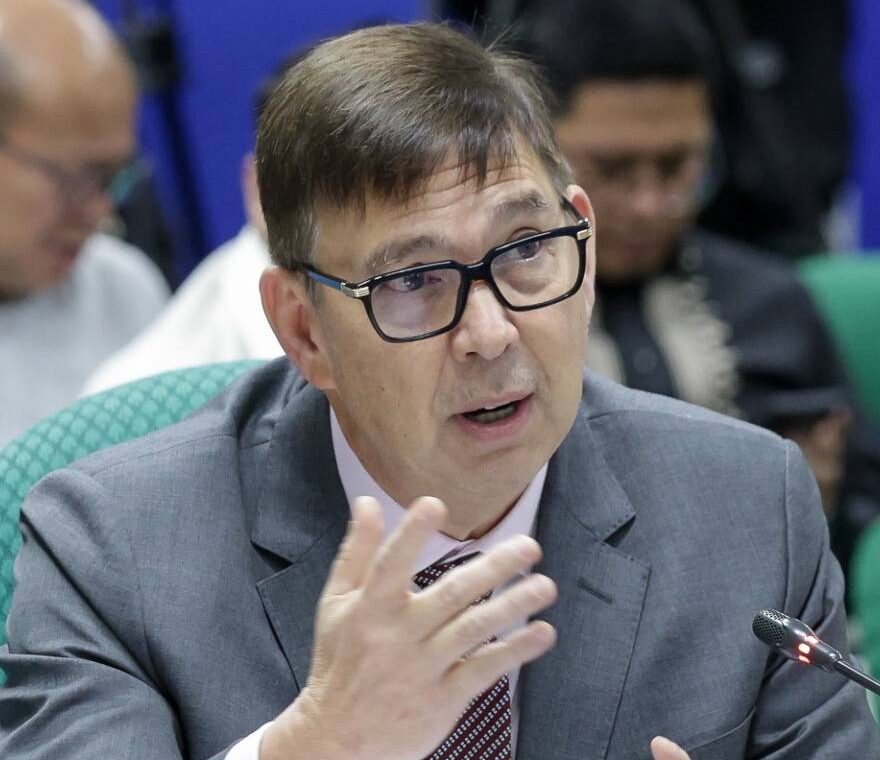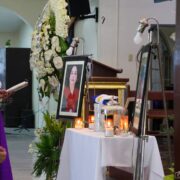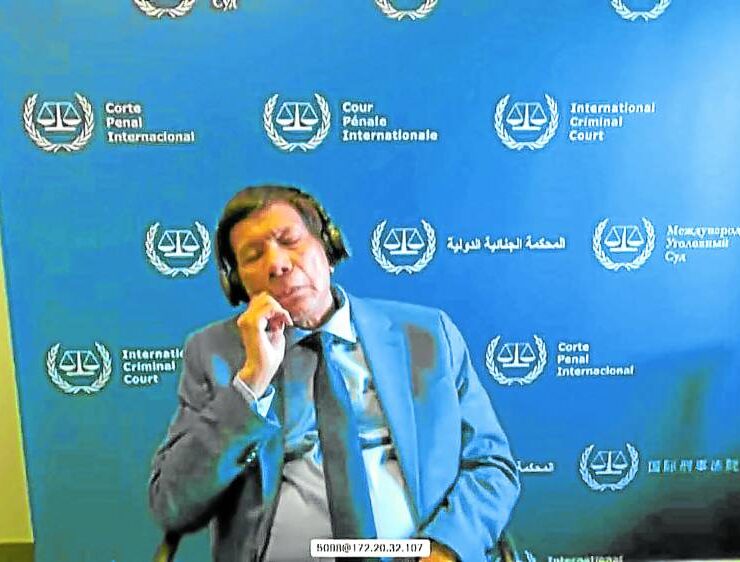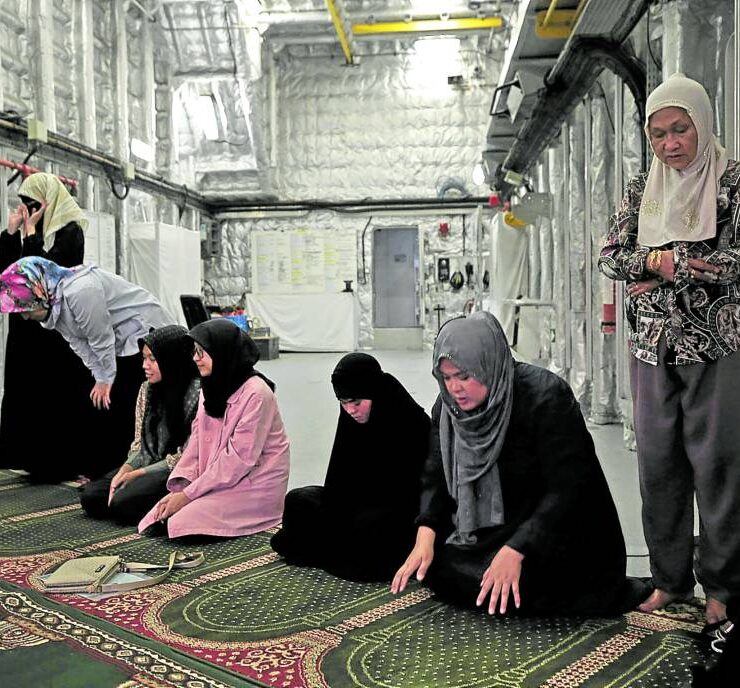‘Raid’ of PhilHealth funds can still stop, Recto told
- Former senior government officials appeal to Finance Secretary Ralph Recto to hold the transfers to the treasury of Philippine Health Insurance Corp.’s ‘excess’ funds worth P30 billion this month and P29.9 billion in November.

Former senior government officials from different administrations have called on Finance Secretary Ralph Recto to stop the impending transfers of what remains of the P89.9 billion in “excess” funds of the Philippine Health Insurance Corp. (PhilHealth) to the national treasury.
In a joint statement on Tuesday, they noted that the root of the government’s cash sweep of PhilHealth and other government-owned or -controlled corporations (GOCCs) lies in the insertion of pork barrel allocations into the 2024 national budget.
Congress diverted priority projects (including, foreign-assisted projects, infrastructure, salary increases for government workers) to the unprogrammed appropriations, which have no guaranteed cash cover and can be tapped only when the government exceeds revenue targets, they said.
Under the 2024 GAA, these unprogrammed funds ballooned to P731.45 billion, or up by 160 percent from the P281.91 billion originally requested by the executive branch to Congress.
“Instead of addressing inefficiencies and waste within the budget, the government is accommodating untimely and wasteful public projects, which could only be beneficial to a select few precisely by raiding PhilHealth’s funds. By all measures, this policy seriously jeopardizes the mandate to promote universal healthcare,” the statement said.
The former government officials said it was “beyond all reason” for the government to establish a trade-off between economic growth through infrastructure and social programs and public health, “as every peso diverted from PhilHealth is desperately needed by Filipinos without access to healthcare.”
Funds for other programs should instead come from the general appropriations, which Congress and the Executive chose not to do.
PhilHealth’s leadership failure
Among the statement’s signatories were former secretaries Cielito Habito and Ernesto Pernia of the National Economic and Development Authority, Enrique Ona of health, Florencio Abad of budget and management, and ex-PhilHealth president and CEO Alexander Padilla.
They maintained that PhilHealth was distinct from other GOCCs since it is specifically mandated to meet the objectives of universal healthcare by expanding the scope and coverage of health benefits for its members and reducing their out-of-pocket medical expenses as much as possible.
They said the pooling of risks and resources means the P89.9 billion being transferred to the national treasury came from the premiums or contributions of all members, specifically earmarked for the benefits of indirect contributors (senior citizens, persons with disability, indigents, 4Ps beneficiaries, and those without the capacity to pay).
They also called out PhilHealth, noting that the “excess” funds were a result of its failure to sufficiently expand benefit packages.
“We must hold the PhilHealth leadership accountable, instead of depriving Filipinos of healthcare funds. PhilHealth must take the necessary steps to promptly and effectively use the funds that exceed reserves for services and benefits of its members,” they said.
Allowed by law
In compliance with a special provision under the 2024 General Appropriations Act, the Department of Finance (DOF) issued Department Circular No. 003-2024 directing PhilHealth, among other GOCCs, to remit to the national treasury its unused subsidies amounting to P89.9 billion from 2021 to 2023 to fund the government’s unprogrammed appropriations.
Despite opposition from different groups, Recto maintained that the DOF was only adhering to what Congress allowed under the 2024 national budget.
He said he would only stop the transfers should the lawmakers or the Supreme Court order him to do so.
Two petitions
Last month, the SC decided to consolidate the two petitions challenging the fund transfer and the oral arguments on Jan. 14, 2025.
The first petition was filed by several groups and individuals led by Sen. Koko Pimentel in August.
The second was filed by militant groups and sought to nullify the presidential certification of urgency for House Bill No. 8980, or the General Appropriations Bill for 2024, due to the absence of any calamity or emergency — a requisite under the Constitution.
The high court has not issued a temporary restraining order on the transfer.
By the time set of the oral arguments, PhilHealth would have already remitted all of the P89.9 billion to the general fund.
The state health insurer has already transferred a total of P30 billion to the national treasury — P20 billion in May and P10 million in August. It is scheduled to move another P30 billion this month and the balance of P29.9 billion in November.
The DOF earlier said the remaining P27 billion of unpaid health emergency allowance for health workers who served during the COVID-19 pandemic was sourced from PhilHealth’s excess funds.





















